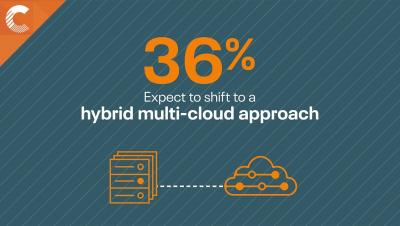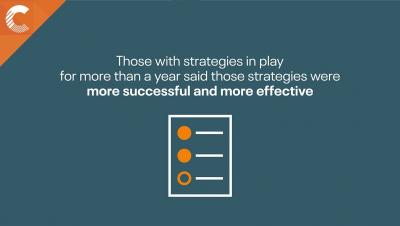Systems | Development | Analytics | API | Testing
May 2022
Tailored Support Designed for You
At Cloudera we’re building the world’s only hybrid data platform that’s founded on open source and truly hybrid. What do we mean by truly hybrid? Well, not only does it seamlessly support on-premises and cloud-based deployments alike, but uniquely, it is cloud vendor agnostic, allowing multi-cloud strategies to thrive.
Technology Spotlight - Tailored Support Designed for You
Becoming AI-First: How to Get There
Deciding to adopt an AI-first strategy is the easy part. Figuring out how to implement it takes a little more effort. It requires a clear-eyed vision built around well-defined goals and a realistic execution plan. Being AI-first means setting up your organization for the future. By leveraging data, analytics, and automation, a company can gain a better understanding of where it is and where it needs to go.
The Best Time to Kickstart your Data Strategy is Now
Optimizing Hive on Tez Performance
Tuning Hive on Tez queries can never be done in a one-size-fits-all approach. The performance on queries depends on the size of the data, file types, query design, and query patterns. During performance testing, evaluate and validate configuration parameters and any SQL modifications.
Winning With Data in the Fight Against Fraud, Waste, and Abuse
Fraud, waste, and abuse (FWA) in government is a constant, multi-billion dollar issue that challenges agency leaders at all levels and across all sectors, from healthcare to education to taxation to Social Security. The scope and scale of public spending—federal outlays alone were approximately $6.6 trillion in fiscal year 2020 according to the Congressional Budget Office—make FWA an inherently difficult problem to solve.
AI-First Benefits: 5 Real-World Outcomes
Artificial intelligence (AI) has been a focus for research for decades, but has only recently become truly viable. The availability and maturity of automated data collection and analysis systems is making it possible for businesses to implement AI across their entire operations to boost efficiency and agility. AI has the potential to transform operations by improving three fundamental business requirements: process automation, decision-making based on data insights, and customer interaction.
Choose Compliance, Choose Hybrid Cloud
As digital transformation accelerates, and digital commerce increasingly becomes the dominant form of all commerce, regulators and governments around the world are recognizing the increased need for consumer protections and data protection measures.






